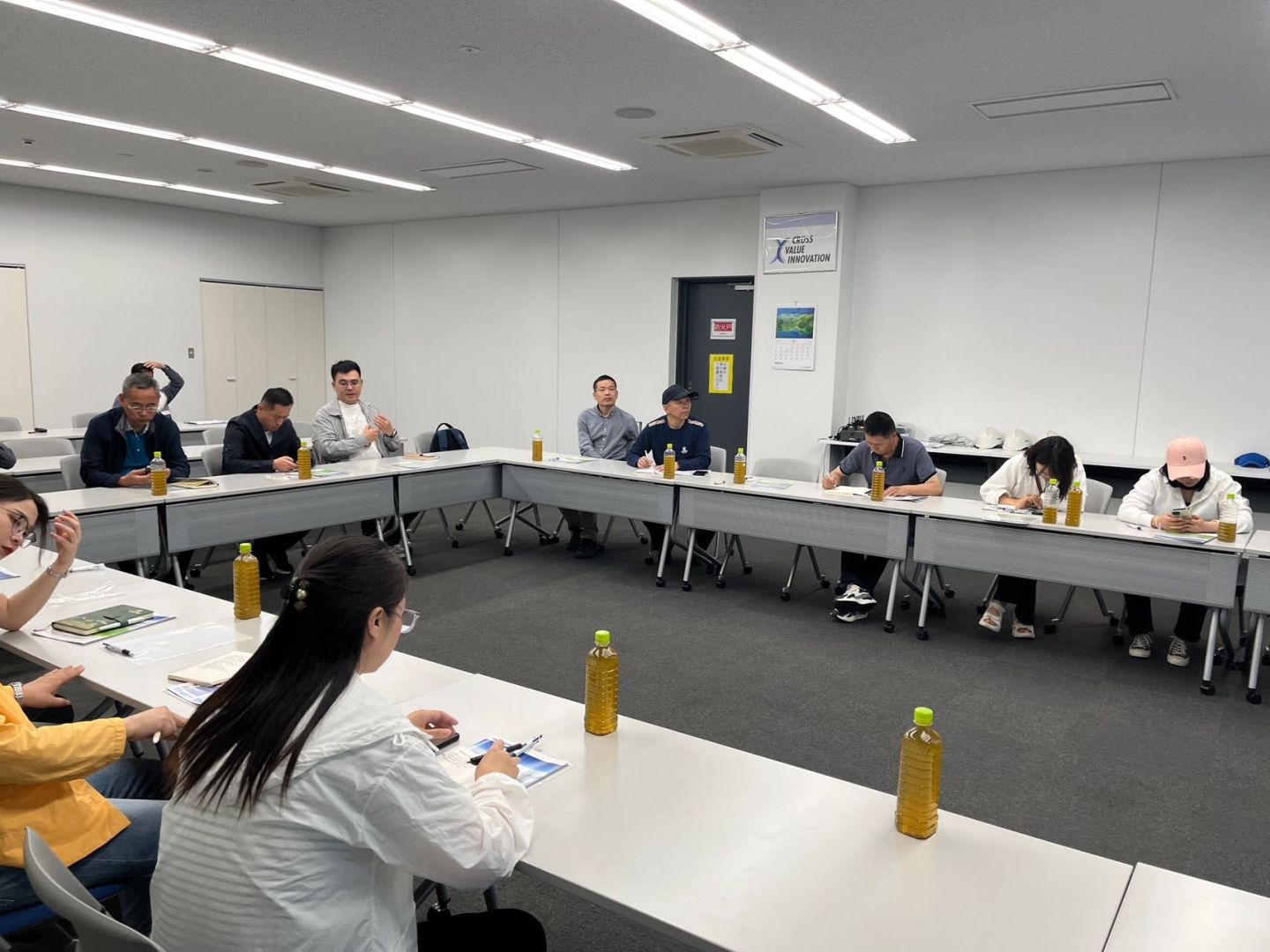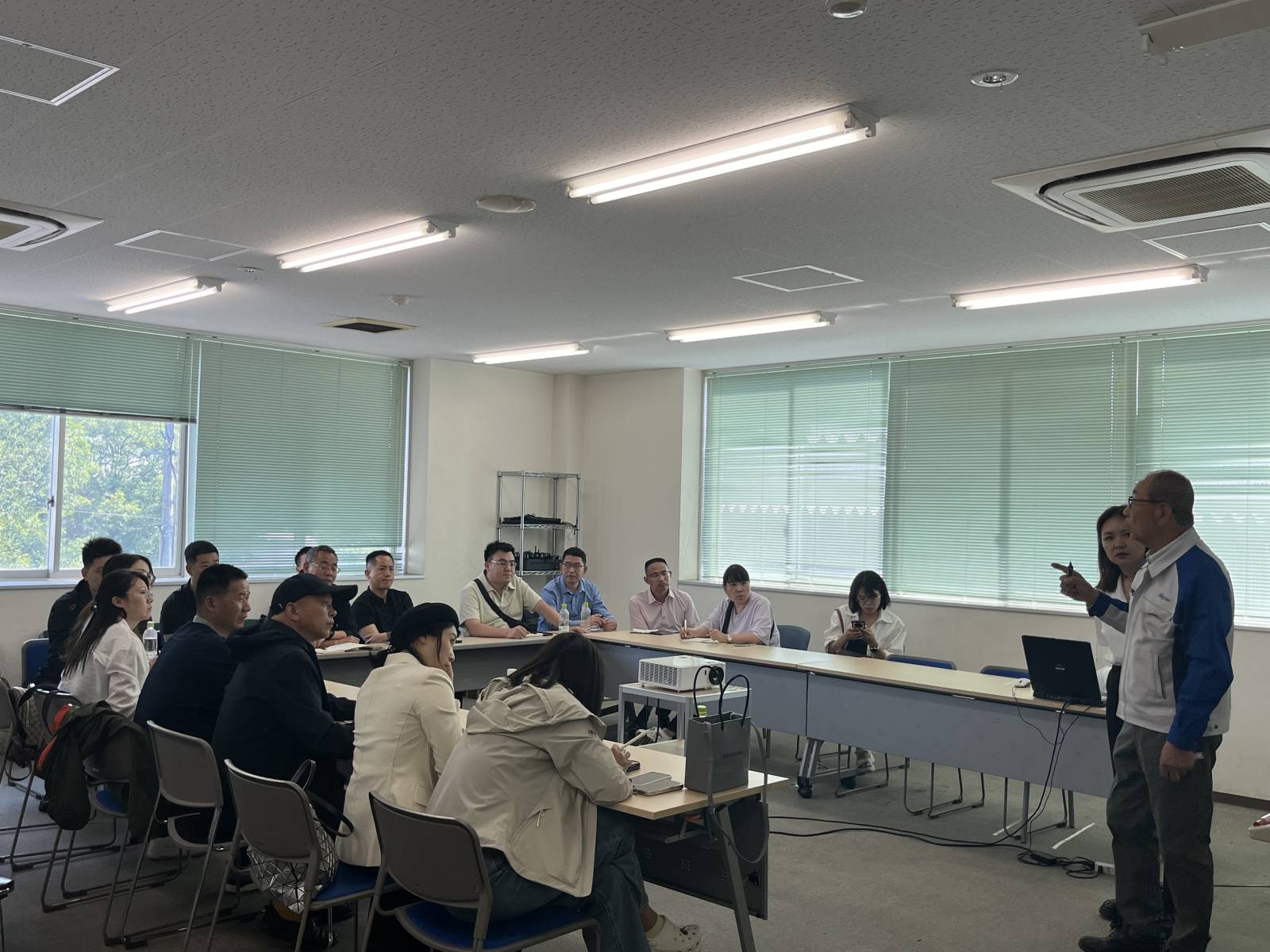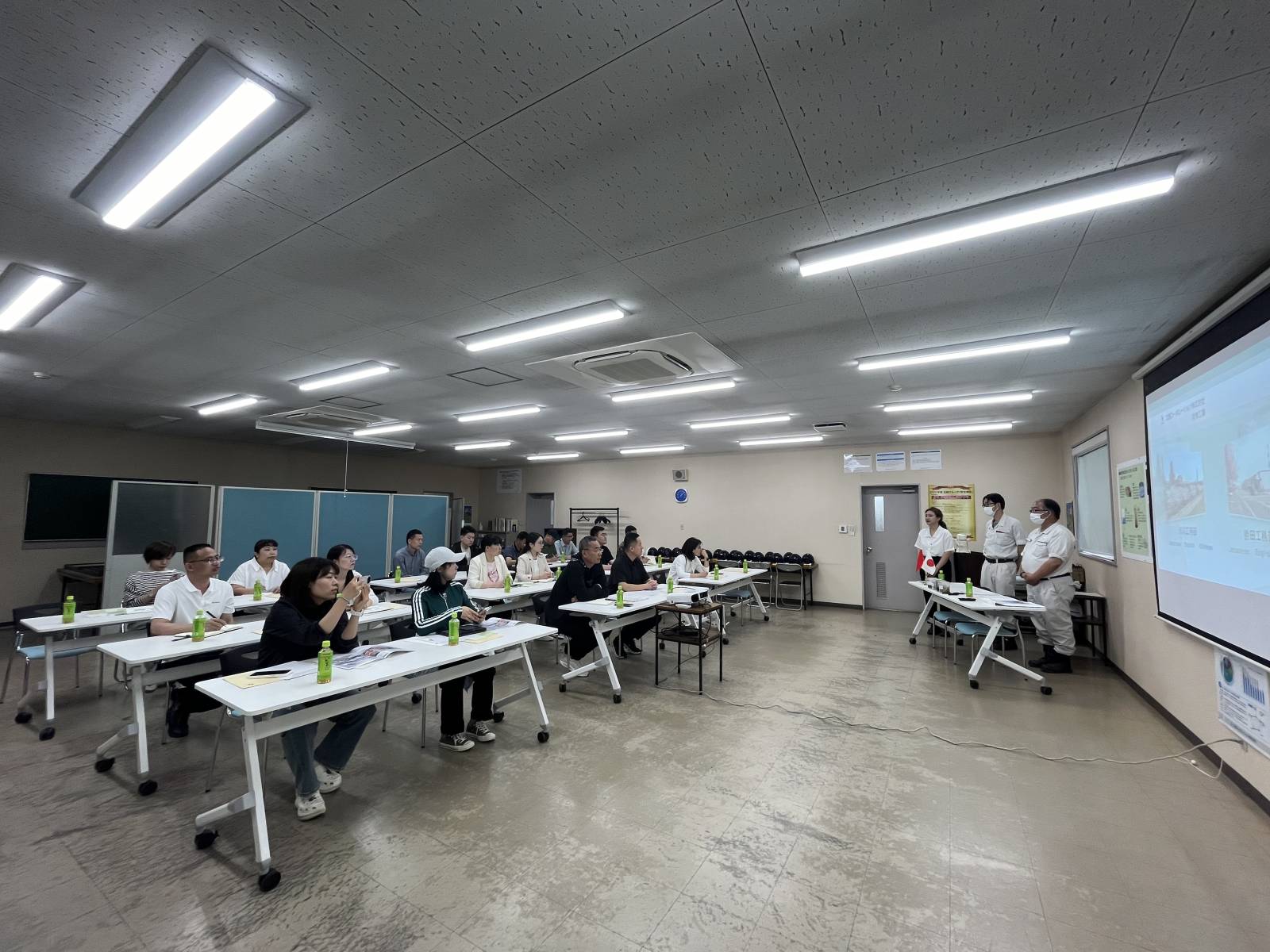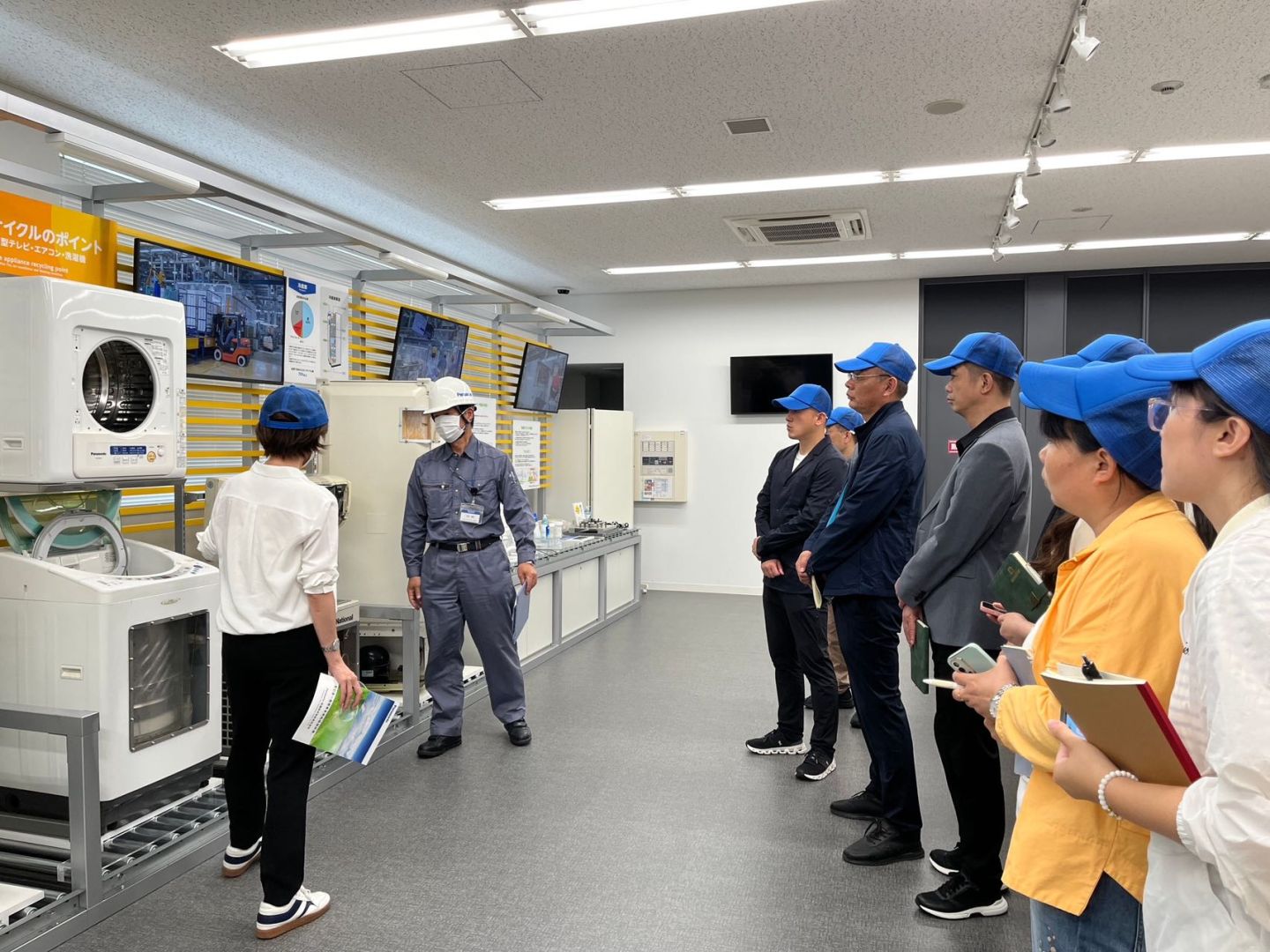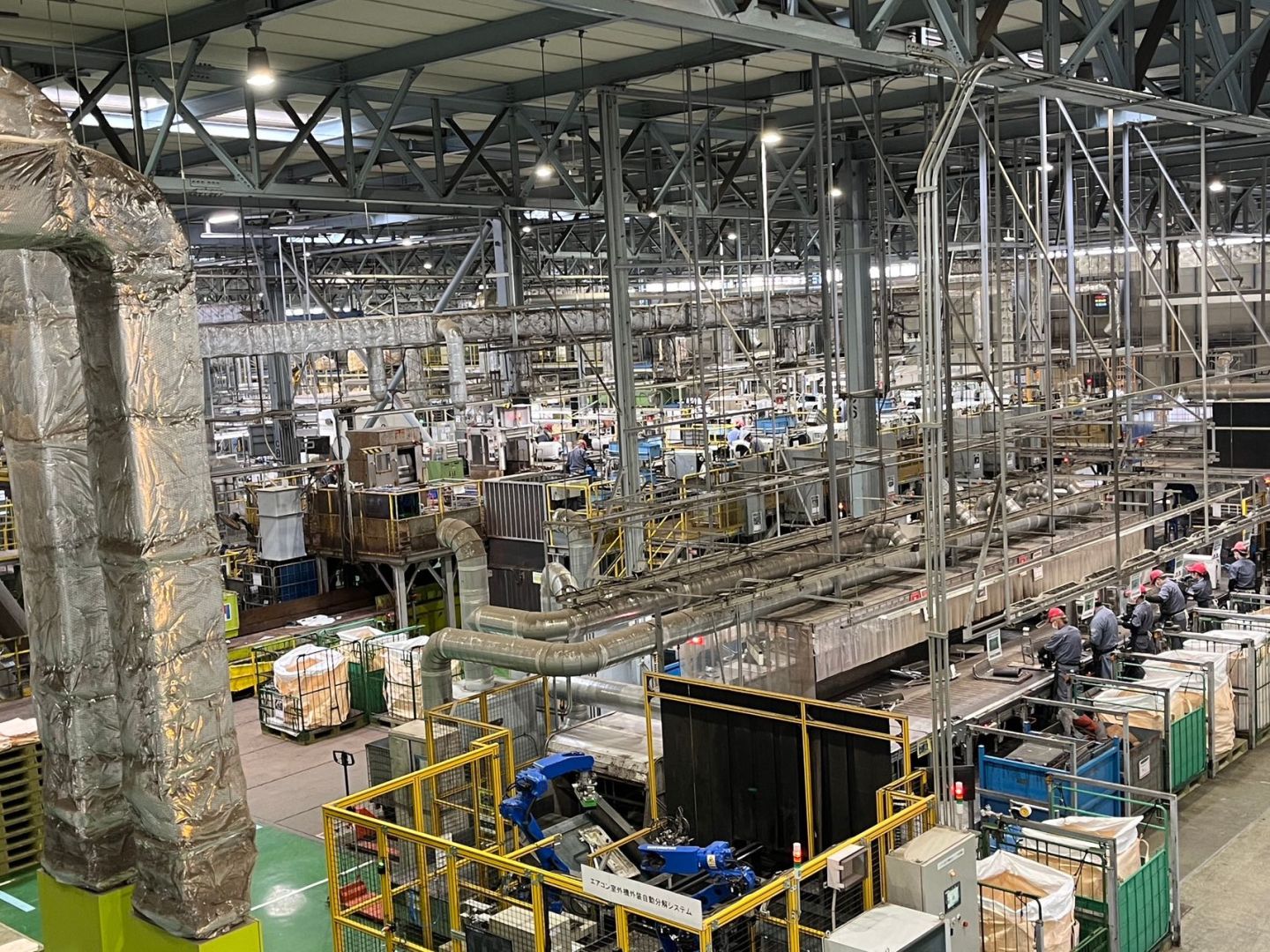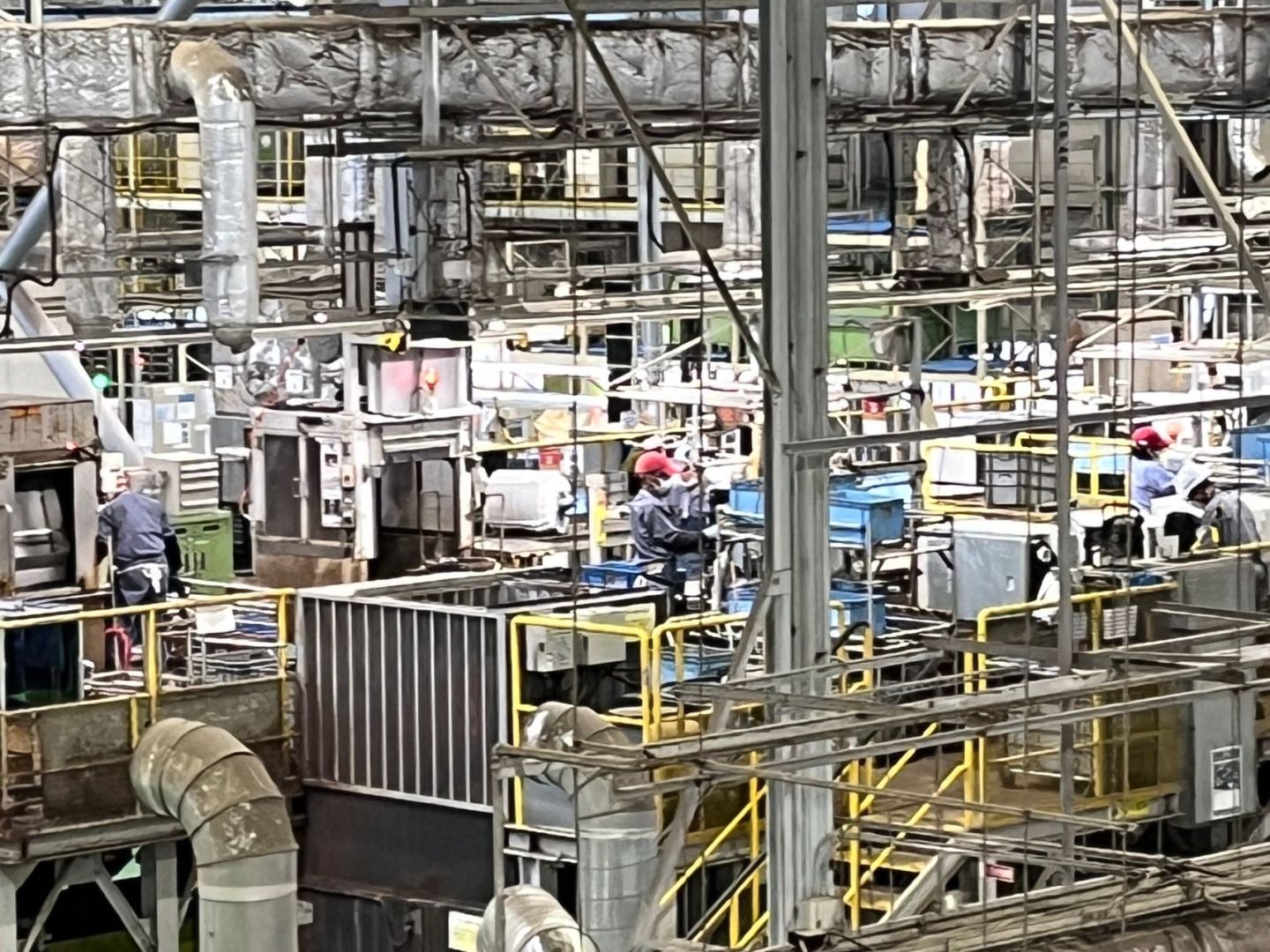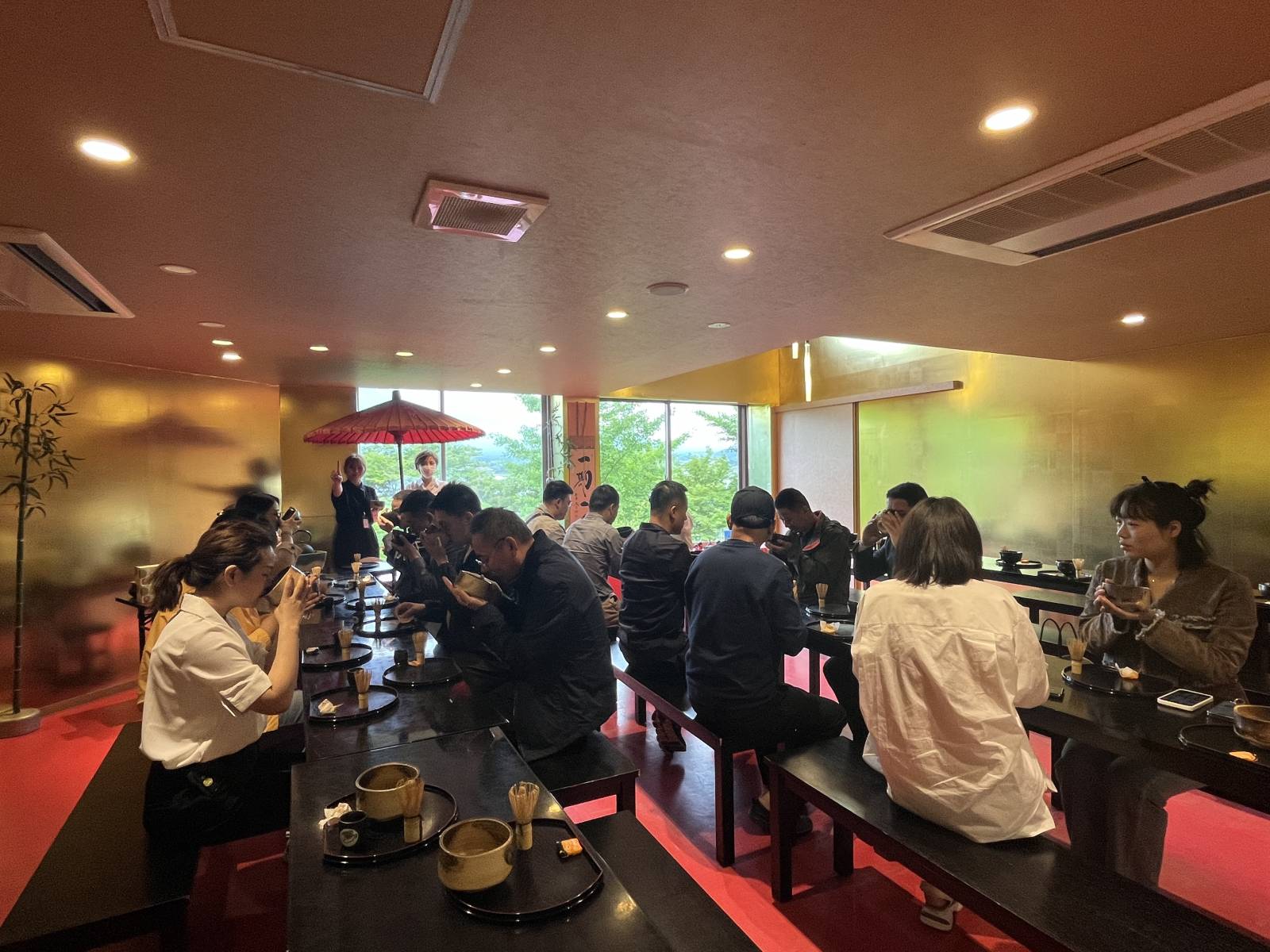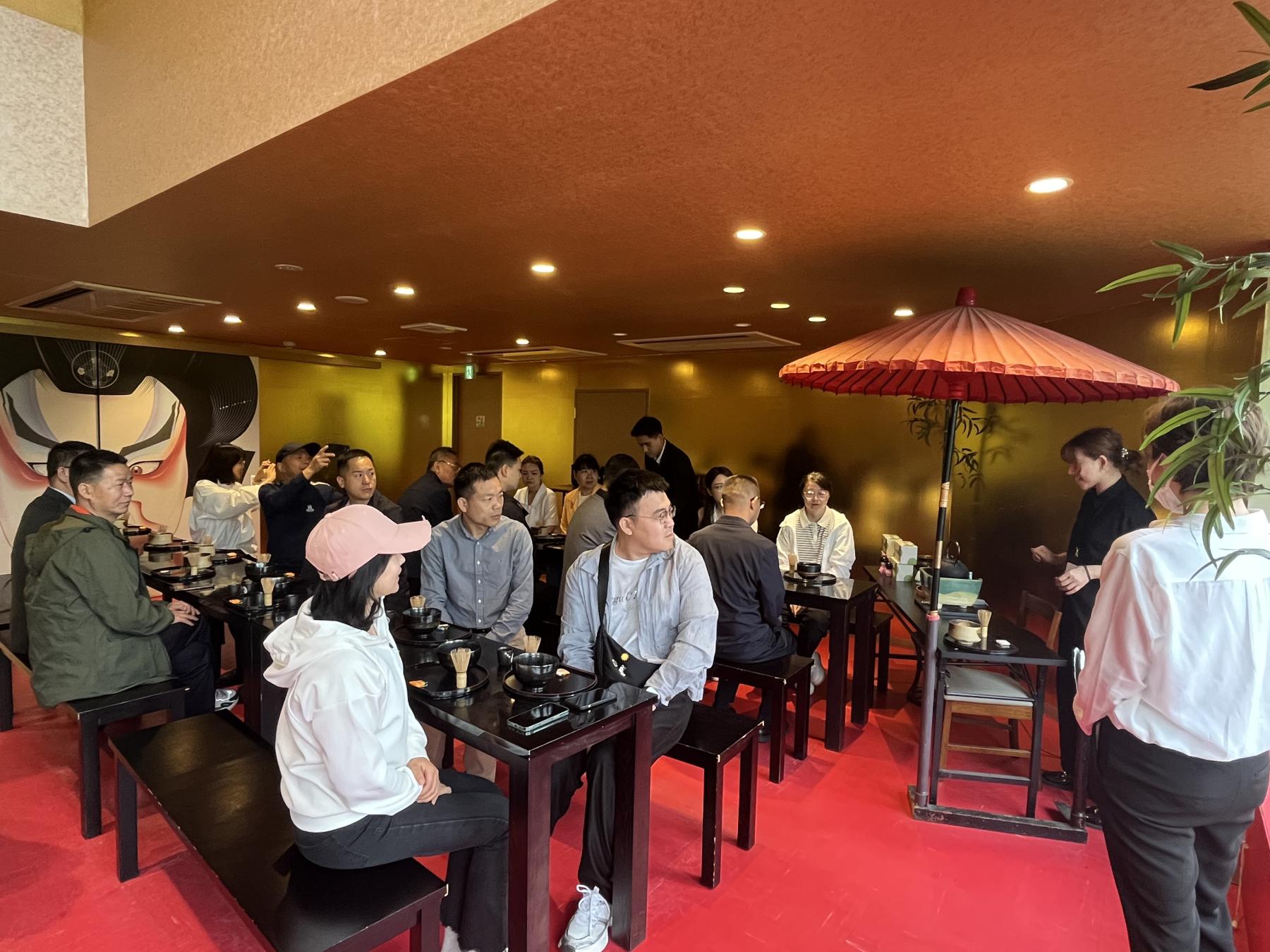About TPS Training
Our training combines lectures on the Toyota Production System with factory visits, allowing participants to gain a deeper, more intuitive understanding by seeing the knowledge acquired in lectures applied in actual operational settings.
We also propose customized Toyota Production System (TPS) training plans tailored to each customer. Please feel free to contact us.
Training Schedule (Example)
| Date | Time | Schedule | Features |
|---|---|---|---|
| Day 1 | PM | Orientation, opening remarks, handover | |
| Day 2 | AM | Toyota Production System Lecture | Professional instructors well-versed in the Toyota Production System provide theoretical explanations. |
| PM | Toyota Production System Lecture | ||
| Day 3 | AM | TPS-Implemented Factory Visit (1st) | |
| PM | TPS-Implemented Factory Visit (2nd) | ||
| Day 4 | AM | TPS-Implemented Factory Visit (3rd) | |
| PM | Toyota Commemorative Museum of Industry and Technology Visit | By learning Toyota's history, participants can gain a deeper understanding of the system. | |
| Shopping | |||
| 5日目 | AM | Nagoya Castle Sightseeing | |
| PM | Return via Centrair Airport |
What is Toyota Production System (TPS)
The Toyota Production System is a method centered on "Just-in-Time" and "Jidoka" that thoroughly eliminates waste and produces only what is needed, when it is needed, and in the amount needed. It employs unique methods such as mechanisms to achieve Just-in-Time and systems to prevent defective products.
This creates a system for selling good products to customers and business partners without defects at appropriate prices.
It also emphasizes making work easier for employees.
1. Just-in-Time (Timely Production)
2. Jidoka (Automation with Human Touch)
To achieve these, core methodologies such as "7 Types of Waste," "Kanban System," "5 Whys Analysis," and "Kaizen" are employed.
What is Toyota Production System (TPS)
To deliver better products faster and cheaper to customers
To make work easier and more comfortable for workers
Eliminate Muri, Mura, and Muda
Jidoka (Automation with Human Touch)
Jidoka means that when an abnormality occurs in a machine, it automatically stops (or is stopped) to prevent the occurrence of defective products. This eliminates the need for people to monitor machines, thereby improving productivity.
Stop first when abnormalities occur
When abnormalities occur, managers are called via electronic bulletin boards, problems are resolved, and then work is resumed.
Poka-yoke (Error Prevention)
A system to prevent simple mistakes. It works in conjunction with assembly tools to automatically check for things like forgotten part tightening. If there are problems, it signals with a lamp to prevent defective products from occurring.
Just-in-Time
Just-in-Time is the concept of delivering products at appropriate prices in a timely manner by avoiding unnecessary inventory and shortening production time after orders. Necessary parts are also arranged to arrive according to usage timing and sequence.
Parts management using "Kanban" system
A production method where each part is managed with a "kanban" and subsequent processes take what they have used from previous processes.
Cooperation with parts manufacturers
Using kanban information for each part, we cooperate with parts manufacturers so that the necessary quantities arrive when needed.
